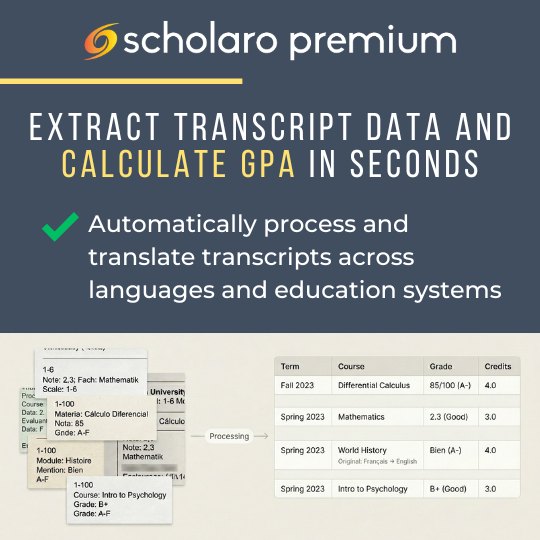One of the oldest systems of higher education in the world, the Catholic Church is not known for being the first to change. But, for those of you who have kept on the edge of your seat for the last forty years, we finally have an update to the ecclesiastical educational guidelines of the Holy See. While not much has changed, what we get is one of the most detailed descriptions of pontifical higher education to come out of Vatican City in the last century.
With this recent apostolic constitution, Veritatis Gaudium (“Joy of Truth”), Pope Francis kept with his tradition of long documents by issuing sixty-five pages outlining the structure of ecclesiastical education and credentials. This canonical, academic law is an update to the shorter, 1979 constitution, Sapientia Christiana. Beyond clearly outlining the regulations of ecclesiastical (pontifical) universities and faculties and the structure of the Vatican’s Qualification Framework, Veritatis Gaudium includes new provisions for refugees and distance education.
Detailed are three cycles of credentials within four faculty streams sanctioned by through Vatican City’s national authority, the Congregation for Catholic Education. The admission requirement for higher education within the Catholic ecclesiastical system is a leaving certificate from a secondary school, “the qualification required for admission to the civil university of one’s own country” or completion of secondary studies through a minor seminary. Where secondary education is provided at a minor seminary, this can be expected to be a program which aligns with the native national curriculum, requiring any applicable national examinations. These minor seminaries may provide secondary and/or tertiary programs. Minor seminaries which offer only tertiary educational programs are also referred to as “college seminaries.”
Though most streams (Philosophy, Canon Law, and Specialized Studies) follow a 3+2 Baccalaureatus (at least 180 ECTS) and Licentia (at least 120 ECTS) model, the first-cycle degree in Theology (at least 300 ECTS) requires two years of tertiary education in Philosophy before students are allowed to proceed into the first year of the three-year of the Theological stream. This introductory two-year period can be completed in several ways:
- as part of a 5-year Baccalaureatus in Theology (at least 300 ECTS)
- as the first two years toward a Baccalaureatus in Philosophy (at least 180 ECTS)
- as a “short cycle” in a Faculty of Philosophy (at least 120 ECTS)
- as part of an institutionally approved program in Philosophy
Licentia require at least two years (120 ECTS) with the exception of the Licentia in Canon Law, which requires three years of study (at least 180 ECTS). The Length of the (3rd cycle) Doctoratus varies. Admission to a Licentia (2nd cycle) program is contingent upon completion of the Baccalaureatus under a relevant Faculty. Admission to a Doctoratus program requires the completion of the relevant Licentia degree.
In an effort to modernize Catholic ecclesiastical education, “to take into account developments in the area of academic studies in these past decades,” Veritatus Gaudium allows part of the courses in a plan of study to be completed via distance learning. It also mandates ecclesiastical faculty determine procedures to evaluate the cases of refugees, and people from refugee-like situations, where normal documentation is not possible to provide for the purposes of admission to higher education.
Pope Francis states that this constitution does not replace or change Ex Corde Ecclesiae, issued in the 1990s to provide general norms for Catholic education outside of the Qualification Framework. He presents this apostolic constitution as a response to the pressures of the modern era on theological education. Quoting his 2015 encyclical, Laudato si’, the Bishop of Rome writes, “What is taking place today is ‘a great cultural, spiritual and educational challenge, and it will demand that we set out on the long path of renewal.’ This is also the case for ecclesiastical faculties and universities.”
 How to Pay for College in 2026: Costs, Aid, and Smart Planning
How to Pay for College in 2026: Costs, Aid, and Smart Planning
 The Role of Robotics in Developing Future-Ready College Students
The Role of Robotics in Developing Future-Ready College Students
 Undergraduate Research: How Students Join Labs Across Campus
Undergraduate Research: How Students Join Labs Across Campus
 Using AI to Succeed in College Science Courses
Using AI to Succeed in College Science Courses
 What Steps Should You Take to Become a University Tutor?
What Steps Should You Take to Become a University Tutor?
